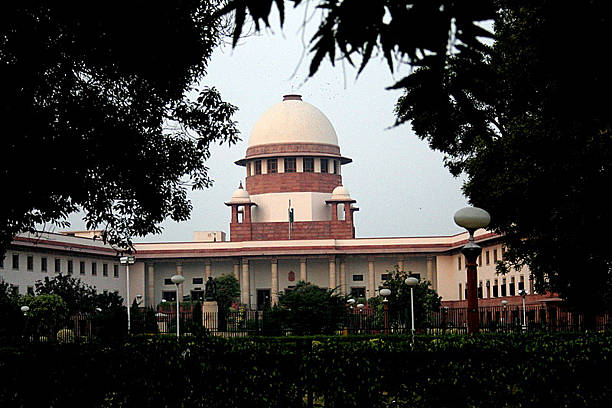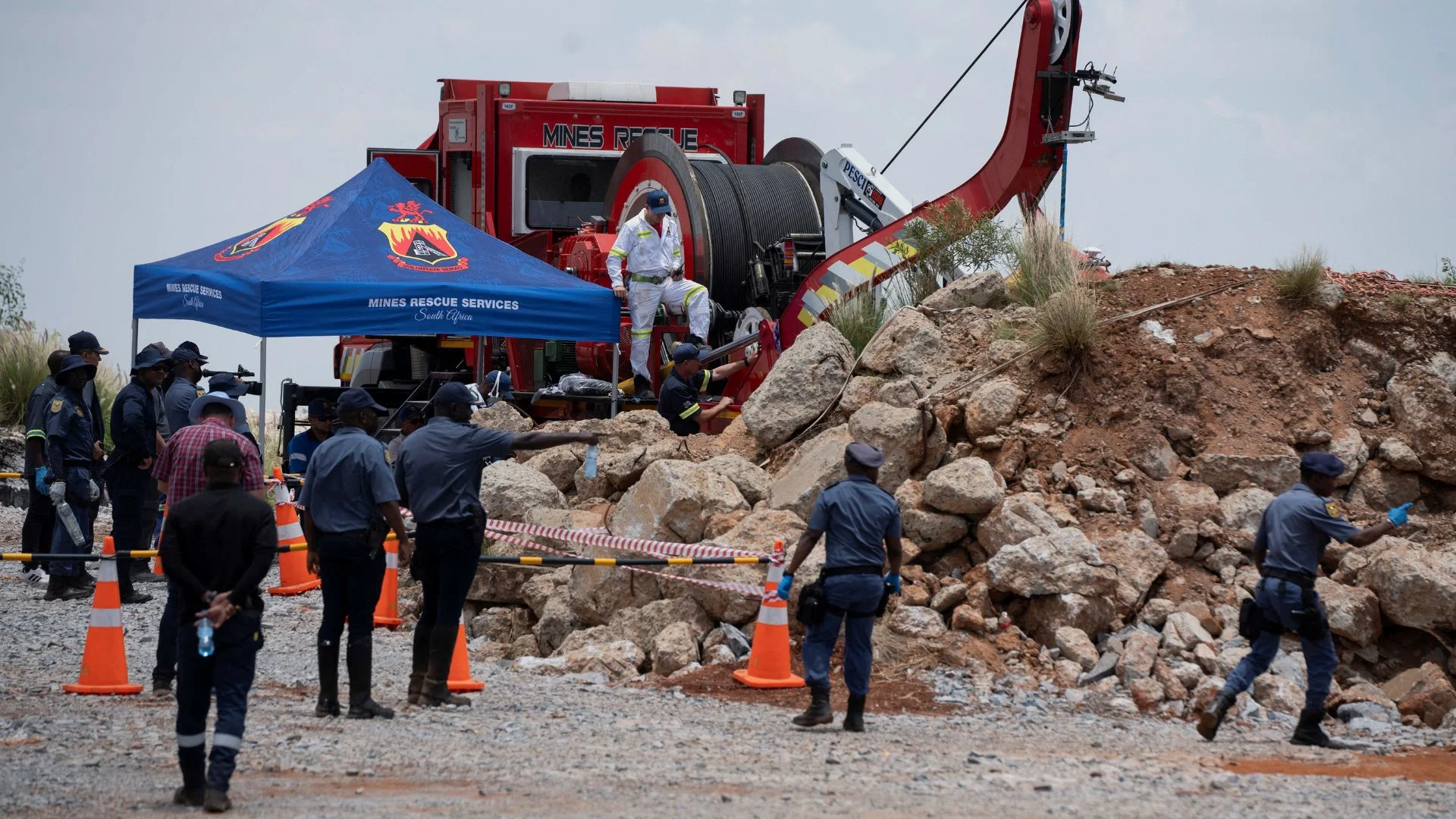The Supreme Court has said that granting compassionate employment is intended to enable the family to tide over the sudden crisis by providing a source of livelihood and should not be considered as a right.
The apex court’s remark came while setting aside a Bombay High Court order which directed to appoint the respondent woman, who was married and youngest daughter of the deceased, on compassionate ground in the Water Resources Department in Maharashtra.
The top court observed that the respondent woman cannot be said to be dependent on the deceased employee, i.e., her mother. The court observed that compassionate appointment is an exception to the general rule of appointment in the public services and is in favour of the dependents of a deceased dying in harness and leaving his family in penury and without any means of livelihood, and in such cases, out of pure humanitarian consideration taking into consideration the fact that unless some source of livelihood is provided, the family would not be able to make both ends meet, a provision is made in the rules to provide gainful employment to one of the dependants of the deceased who may be eligible for such employment.
“The whole object of granting compassionate employment is, thus, to enable the family to tide over the sudden crisis.”
The object is not to give such family a post much less a post held by the deceased,” a bench of justices MR Shah and Krishna Murari said.
The court observed that the Maharashtra Administrative Tribunal, as well as the High Court, have committed a serious error in directing the appellants to appoint the respondent on compassionate grounds.
“The judgment and order passed by the Tribunal confirmed by the High Court directing the appellants to consider the case of the respondent for appointment on compassionate ground after a number of years is unsustainable,” the top court said while setting aside the judgment and order passed by the Bombay High Court dismissing the writ petition and confirming the order passed by the Tribunal.
Bombay High Court on January 7 2019, dismissed the writ petition preferred by the State of Maharashtra and confirmed the order passed by the Maharashtra Administrative Tribunal directing to the appointment of the respondent on compassionate grounds.























